Introduction
Franchising has become one of the most prominent business models in recent years, particularly in sectors such as food & beverage (F&B), education, fashion and modern lifestyle. The Indonesian franchise regime began in 1997, but has changed several times since then, the latest being under Minister of Trade Regulation No. 53/M-DAG/PER/8/2012 on the Implementation of Franchises as amended by Minister of Trade Regulation No. 57/M-DAG/PER/9/2014 (“Regulation 53”).
Controversy followed the issuance of Regulation 53 and many franchise players raised complaints, mainly with regard to the onerous 80-20 obligation (ie, the minimum local component must be 80%) and the limitation on the number of outlets that each franchisee could own in the F&B and modern store business sectors, as set out under Minister of Trade Regulation No. 07/M-DAG/PER/2/2013 on The Development of Partnerships in the Franchising of Food and Beverages Services Business Activities and Minister of Trade Regulation No. 68/M-DAG/PER/10/2012 on Modern Store Franchising.
A new franchise regulation was issued on 3 September 2019 and came into force on 4 September 2019. Minister of Trade Regulation No. 71 of 2019 on the Implementation of Franchises (“Regulation 71”), which was introduced with the intention of simplifying the registration process and to facilitating investors has replaced all of the previous ministerial-level franchise regulations referred to above, as well as Regulation No. 60/M-DAG/ PER/9/2013 on The Obligation to Use a Franchise Logo.
Regulation 71
Please find below some highlights of Regulation 71:
- Direct or Indirect Control Relationship
Since Regulation 53 has been revoked, the restriction regarding the direct or indirect control relationship between franchisor and franchisee is no longer valid. This means the franchisor will be able to appoint its subsidiary or affiliate to be its franchisee or even to hold a share in its franchisee entity depending on whether the franchise business is open for foreign investment. - Local Sourcing Requirements
Unlike Regulation 53, which explicitly required the use of at least 80% domestic production for materials, business equipment and trade goods in a franchised business, Regulation 71 is more relaxed as it only requires franchisors to prioritize the use of domestic goods and services as long they meet (i) the standards of the franchisor, and (ii) the requirements under the relevant technical/sectoral regulations (if applicable). However, information about the use of local products is still required in the Annual Report and it is unclear how the “priority” requirement will be interpreted by the authorities. - Franchise Registration Certificates – STPW
Under Regulation 71, STPWs are valid for as long as the franchisor and franchisee remain in business so this new regulation does not recognize extensions/renewals. This will benefit the franchising business compared to the old regime which only provided for a franchise period of 5 years, albeit this was renewable. Meanwhile, existing STPWs issued under the previous franchise regulation (Regulation 53) remain valid until their expiry dates, after which a new application for an STPW must be submitted.However, the STPW will be deemed invalid if, among other things, (i) the franchisor or franchisee ceases doing business, or (ii) the franchise agreement expires, or (iii) if the pending trademark application is not approved by the Directorate General of Intellectual Property or the trademark registration expires (or is not renewed). - 5 Years’ Experience
Regulation 71 requires a franchise to have proven to be a profitable business, according to the experience of the franchisor over a period of at least 5 years. This means that the franchisor (or master franchisee) should wait for at least 5 years in order to be able to offer a franchise (or subfranchise) of its business to another party. Assuming this provision is implemented as is, it will likely be problematic, both for local and international franchisors. - Master Franchisee
The requirement to appoint one master franchisee under Regulation 53 has been removed. A franchisor can now appoint a number of franchisees in Indonesia. - Annual Report
The deadline for submitting the annual report has been extended by 3 months to the end of June of each year (compared to the end of March under Regulation 53). In addition, under Regulation 71, the Ministry may conduct a site inspection of the location of the franchise business, and may question the information provided in the annual report, in particular with regard to the use of local products. The sanctions for failure to submit the annual report remain the same (from written warnings up to revocation of the business license, to be applied progressively). - Self-Owned Outlets
Previously, franchisors or franchisees in the F&B sector were only allowed to establish up to 250 self-owned outlets. Those engaged in the modern store business were permitted to operate up to 150 company-owned units. Since Regulation 71 revokes the relevant regulations, the restrictions on self-owned outlets no longer apply. - Clean Break Letters
The clean break requirement was provided in Regulation 53. Since this regulation has been revoked and Regulation 71 is silent on this issue, it would appear that the clean break is no longer required. However, it remains to be seen whether a clean break letter will still be required on deregistration of an STPW.
Conclusion
Although questions remain concerning Regulation 71, it does appear that there has been some relaxation in Indonesia’s franchising requirements compared to the previous regulatory regime, apart that is from the new 5 years’ profitable experience requirement, which will likely be an unexpectedly onerous imposition in many cases. We do recommend that detailed advice on the legal franchising requirements as well as specific comments on common franchising practice (and the possible alternative business models to franchising which may be available) should be sought before engaging in any franchising activities in Indonesia.
*****
M&T Advisory is an email publication prepared by the Indonesian law firm, Makarim & Taira S. It is only intended to inform generally on the topics covered and should not be treated as a legal advice or relied upon when making investment or business decisions. Should you have any questions on any matter contained in M&T Advisory, or other comments generally, please contact your usual M&T contact or advisories@makarim.com.
Contacts:
Reagan Roy Teguh – reagan.teguh@makarim.com
Mira Ayu Lestari – mira.ayu@makarim.com
Norma Mutalib – norma.mutalib@makarim.com
Lia Alizia – lia.alizia@makarim.com


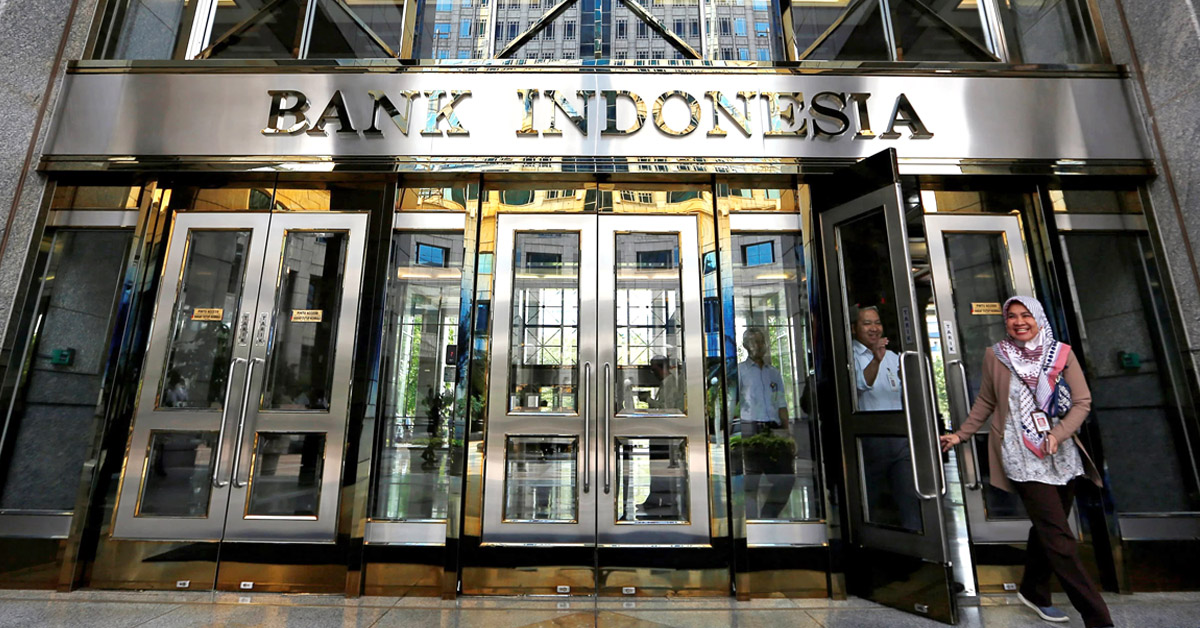



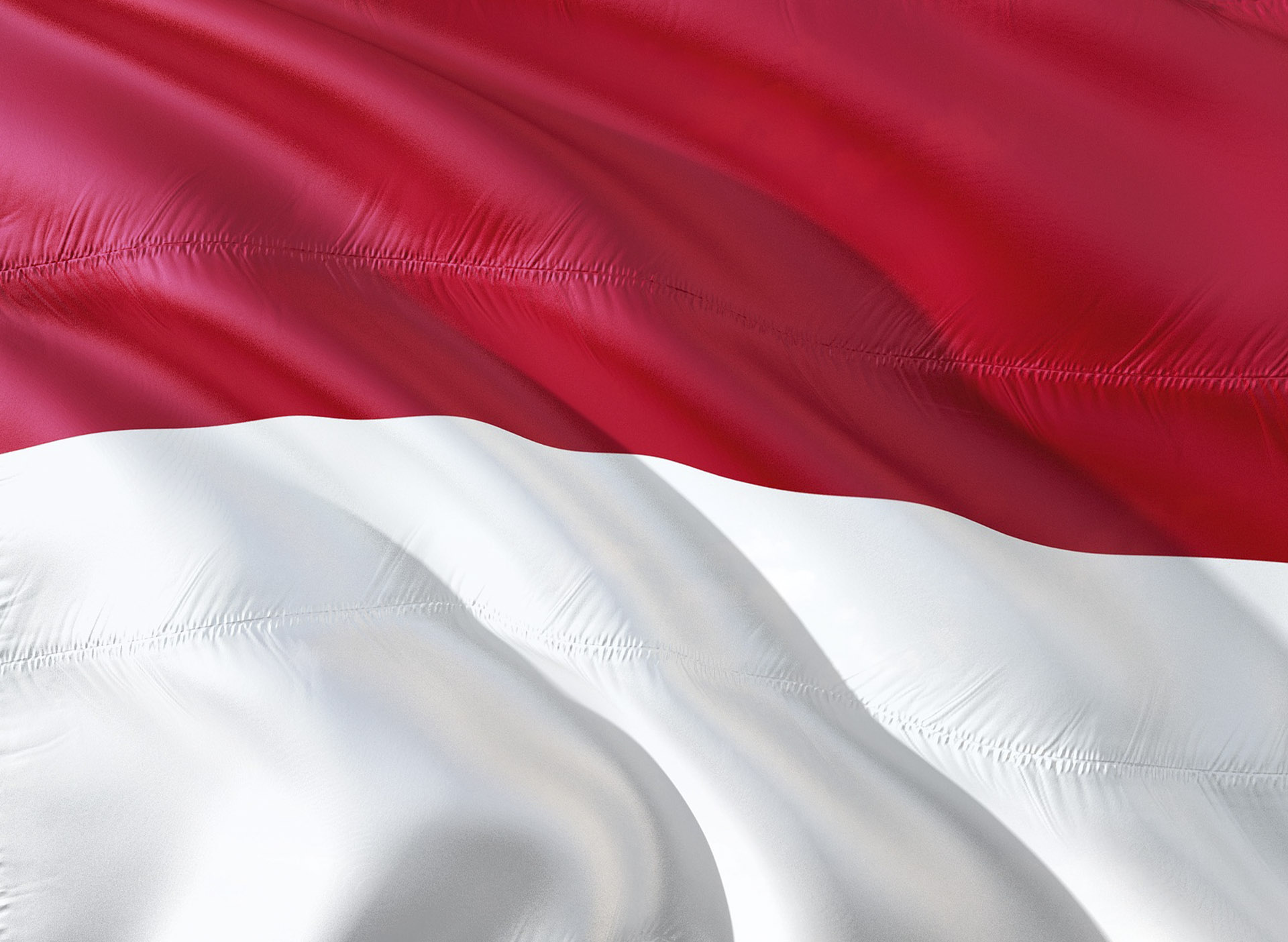


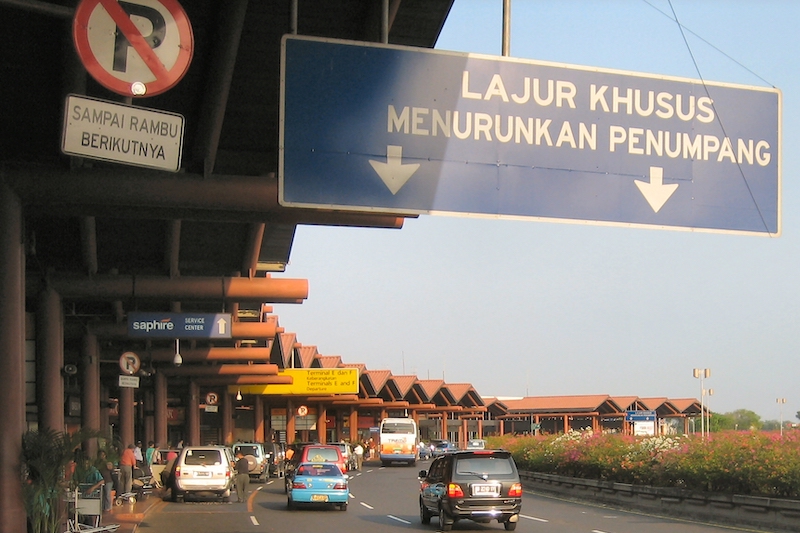
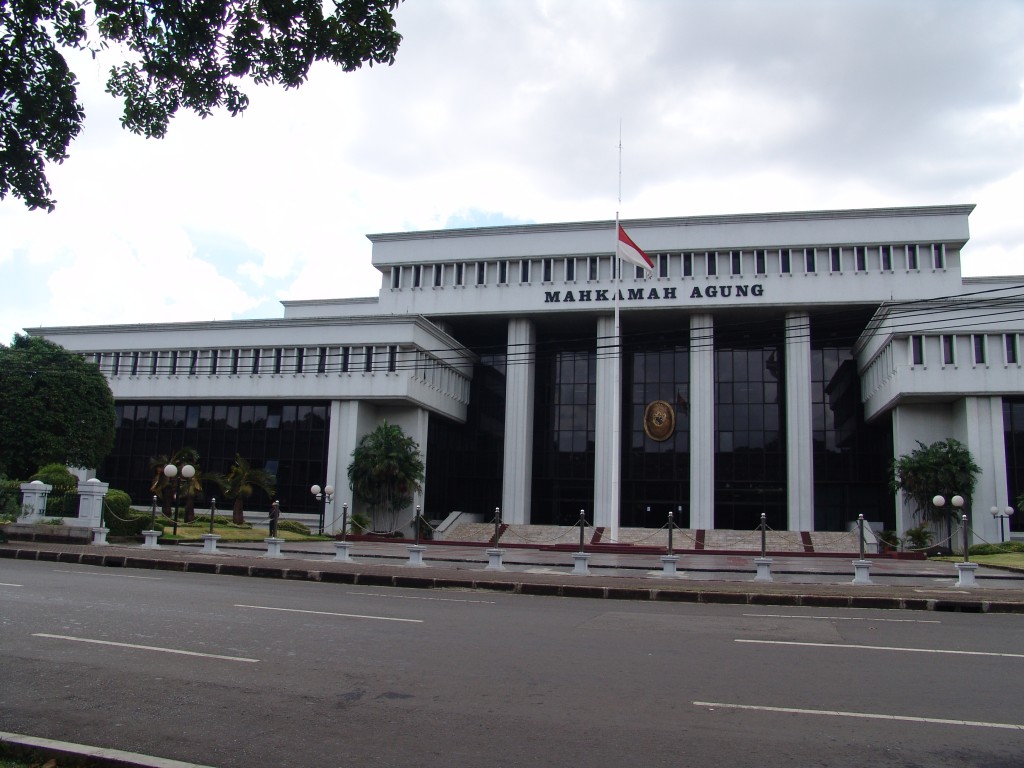











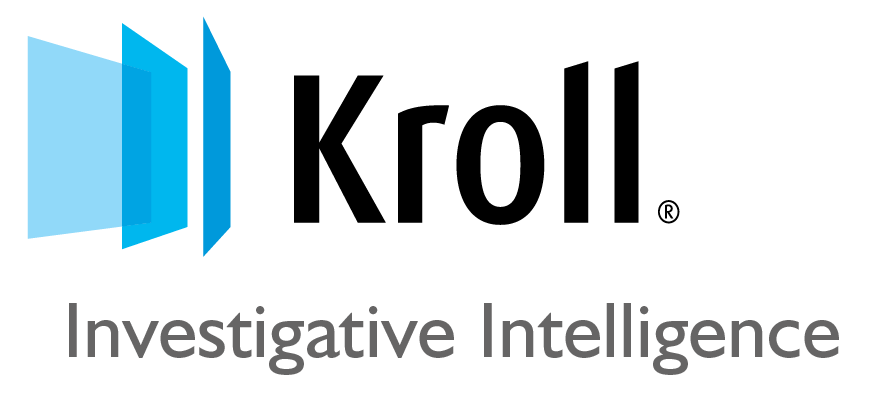


 Makarim & Taira S. (Old)
Makarim & Taira S. (Old) Rahayu Ningsih Hoed
Rahayu Ningsih Hoed







